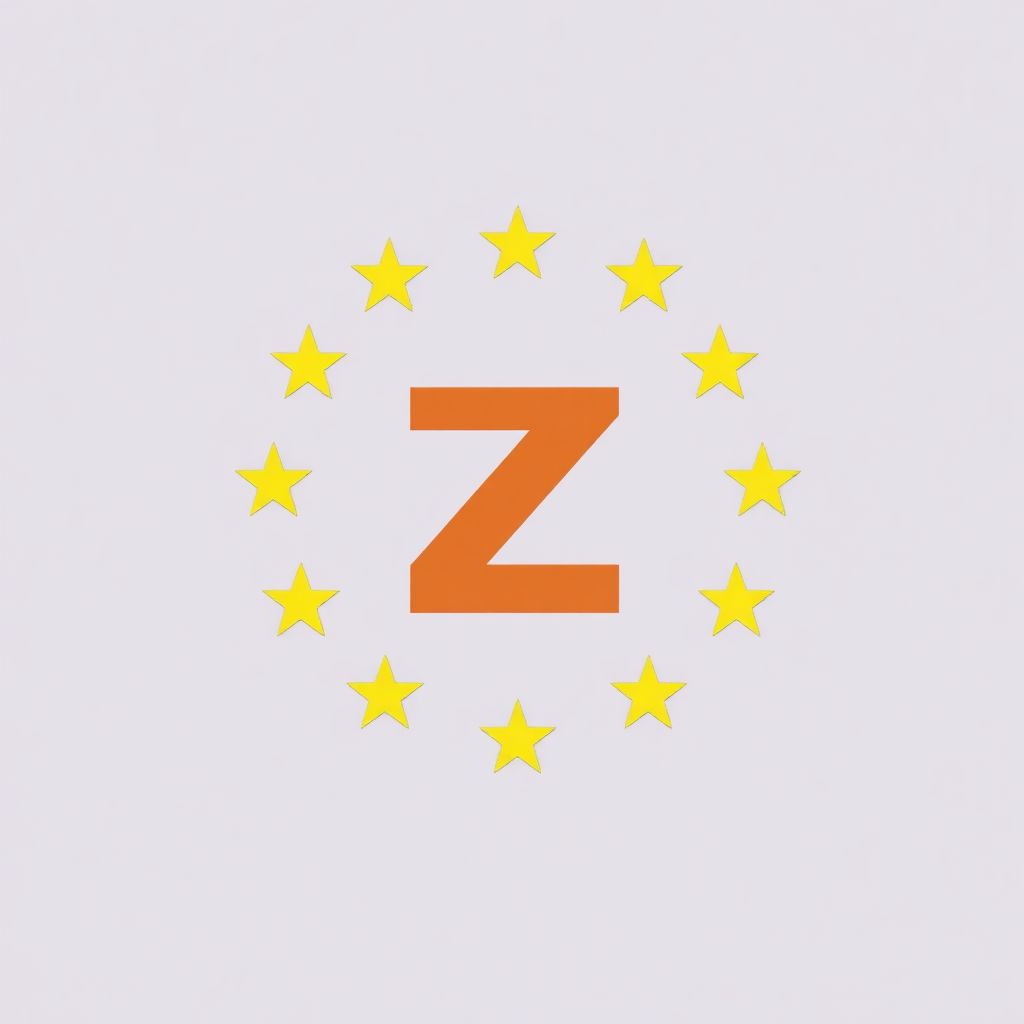Zerohash, a prominent player in the digital asset infrastructure space, has officially secured regulatory approval under the European Union’s Markets in Crypto-Assets (MiCA) framework. The newly granted license allows the company to offer stablecoin and crypto asset services across all 30 countries within the European Economic Area (EEA), positioning Zerohash as an early and influential entrant in the EU’s emerging regulated crypto ecosystem.
The license was issued by the Dutch Authority for the Financial Markets (AFM), marking a significant milestone for Zerohash Europe. With this approval, the company becomes a registered Crypto-Asset Service Provider (CASP), enabling it to legally support financial institutions, fintech startups, and payment service providers with comprehensive crypto and stablecoin infrastructure.
This regulatory green light arrives amid swirling reports that Mastercard is in advanced negotiations to acquire Zerohash in a deal potentially valued between $1.5 billion and $2 billion. If finalized, the acquisition would mark a major strategic move for Mastercard, which has been steadily expanding its footprint in the digital asset and stablecoin sectors.
Founded in 2017, Zerohash has carved out a niche by offering turnkey crypto infrastructure solutions to major financial players such as Morgan Stanley, Franklin Templeton, and Stripe. The company simplifies the integration of crypto services by providing backend infrastructure that handles custody, liquidity, compliance, and on-chain settlement.
The MiCA license not only enhances Zerohash’s credibility in regulated markets but also strengthens its appeal among large-scale institutional clients who require secure and compliant access to blockchain-based financial products. As MiCA aims to harmonize crypto regulations across the EU, early compliance gives Zerohash a first-mover advantage in a rapidly evolving market.
The potential acquisition by Mastercard aligns with the payments giant’s broader strategy to incorporate stablecoins into its global transaction infrastructure. In August, Mastercard launched a pilot program enabling select merchants and acquirers in Eastern Europe, the Middle East, and Africa (EEMEA) to settle transactions using Circle’s USDC and Euro Coin (EURC). Companies such as Arab Financial Services and Eazy Financial Services were among the first to adopt the solution, signaling a growing demand for stablecoin-based payment systems in emerging markets.
Mastercard has also been active in blockchain experimentation beyond settlement solutions. In collaboration with Kazakhstan’s central bank and Solana, Mastercard participated in a pilot project testing a stablecoin pegged to the local fiat currency, the tenge. The Evo (KZTE) stablecoin, launched in September, is issued by Intebix Crypto Exchange and backed by Eurasian Bank. This initiative reflects a broader global trend: central banks and private entities alike are exploring the viability of stablecoins for both domestic and cross-border transactions.
Zerohash’s role in this evolving ecosystem is increasingly vital. As financial institutions accelerate their adoption of tokenized assets and stablecoins, the need for regulatory-compliant infrastructure providers becomes more pressing. Zerohash, with its MiCA license and established enterprise partnerships, is well-positioned to meet this demand.
The acquisition rumors, if substantiated, could mark one of the largest deals in the crypto infrastructure space to date. Mastercard’s potential ownership of Zerohash would not only give it direct access to a MiCA-licensed platform but also allow it to expand its stablecoin strategy more aggressively across Europe and other regulated regions.
In a broader context, the MiCA framework, which is set to be fully implemented by the end of 2024, represents the EU’s landmark attempt to create a unified regulatory environment for digital assets. By gaining early approval, Zerohash ensures it can adapt ahead of the curve, while also helping its partners achieve compliance with evolving legal standards.
Looking ahead, industry experts anticipate increased M&A activity in the crypto infrastructure sector, particularly as regulatory clarity improves in major markets like the EU and the United States. Companies that secure early licensing will likely become prime acquisition targets for financial incumbents looking to accelerate their digital asset strategies without building in-house capabilities from scratch.
Moreover, Zerohash’s licensing success highlights a growing trend in the crypto space: the shift from unregulated innovation toward institutional-grade compliance. As stablecoins gain traction for use in remittances, trade finance, and digital commerce, infrastructure providers that can offer secure, compliant, and scalable solutions will play a critical role in shaping the next phase of the digital economy.
In summary, Zerohash’s MiCA license not only validates its operational model but also enhances its strategic value at a time when traditional financial giants are increasingly eyeing digital asset integration. Whether Mastercard finalizes the acquisition or not, Zerohash has firmly established itself as a key enabler in the regulated crypto infrastructure landscape—one that could help redefine how money moves in the digital age.

